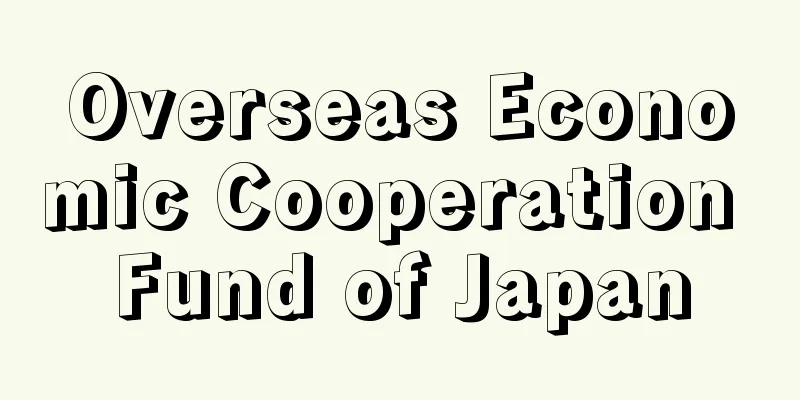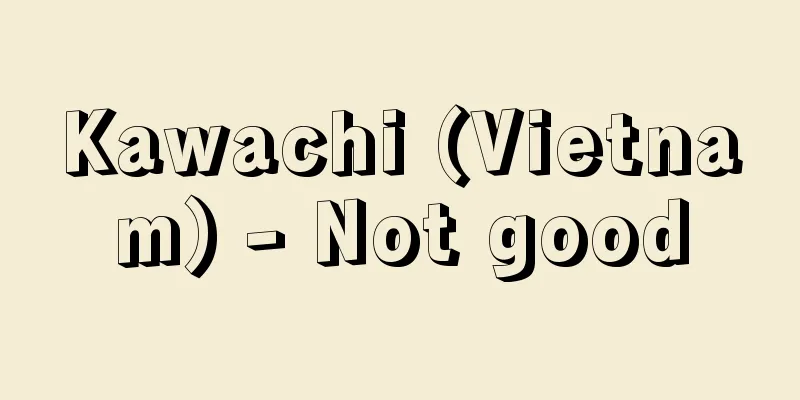China

|
... The ethnic group formed in this way came to be called the Han people because, of course, a leader emerged from within the group, founded a kingdom called the Han Empire, and individuals or groups who were subjugated and subordinated under the rule of that kingdom or dynasty and recognized themselves as members of the Han Empire were called Han people. As both the people and others accepted being called the Han people, the name Han people or Han people gradually became fixed and has been passed down to the present day. So what was this type of ethnic group called before the Han Dynasty? Because they were ruled by the First Emperor of Qin, they were called Qin people, a name that is still used today as the name of China, or Chine. In this way, going back in time, the inhabitants of each of the Xia, Shang, and Zhou dynasties were called Xia people or Shang people after the name of their respective dynasties, and the Han people today refer to themselves as Xia people, a remnant of the name of the Xia dynasty, just as the first emperor of the Xia dynasty, Yu, is called Xia Hou-shi, or Queen of Xia. From [China]...Xuanzang, a monk at the beginning of the Tang Dynasty, also wrote that his country was called "Shina" in Central Asia and India. It was also transmitted to Japan through Buddhist scriptures, and already appears in Kukai's "Shoreishu," but it gradually spread from the middle to late Edo period, as seen in Arai Hakuseki's "Seiyo Kibun," and in the Meiji period, it came to be used as a broad regional name separate from the country names of the Qing Dynasty and the Republic of China, corresponding to the English word "China" and the French word "Chine." However, after the establishment of the Republic of China, the Japanese government used it with a particular political meaning, and its derogatory nature became stronger as it was linked to Japan's invasion of the continent, and as a result, its use came to be avoided after World War II. ... From [Ceramics]…Oriental porcelain in particular was wildly popular among the ruling classes of Europe, and Chinese and Japanese porcelain was so expensive that it surpassed gold and silver. Even today, the term "China" refers not only to Chinese-made porcelain, but also to all porcelain. European countries competed to produce the best porcelain, but translucent porcelain was not easy to fire. … *Some of the terminology that mentions "China" is listed below. Source | Heibonsha World Encyclopedia 2nd Edition | Information |
|
… このようにして形成された民族集団が漢民族と称されるようになったのは,いうまでもなく,その集団のなかから統率者としての傑物が現れ,漢帝国なる王国を興し,その王国ないし王朝の支配下に包括され従属してみずから漢帝国の一員であることを認めた個々人または集団が,漢人と呼ばれ,漢民族と称されることを自他ともに容認したことによって漢民族とか漢人という名称として徐々に固定し,今日にまで受け継がれているものである。しからば漢代以前にこの種の民族集団は何と呼ばれていたかといえば,彼らは秦の始皇帝により統治されたため秦人と称され,それが今日のシナすなわちChina,Chineの名称として,いまなおその名がとどめられている。このように,時代をさかのぼってみれば夏・殷・周各王朝ごとに,その住民はそれぞれその王朝名で夏人または殷人などの名で呼ばれ,今日漢人たちがみずからを夏人と称するのも,夏の初代の天子禹が夏后氏すなわち夏の后(きみ)と呼ばれているように,これまた夏王朝名の名残りなのである。… 【支那】より…唐初の玄奘も中央アジア,インドで自国が支那と呼ばれたことを伝えている。日本にも仏典を通じて伝えられ,空海の《性霊集》にすでに見えるが,新井白石の《西洋紀聞》など江戸時代中・後期ころからしだいに普及し,明治になって英語のChina,フランス語のChineなどとの対応から,清国や中華民国の国号とは別個の広義の地域名称として通行するにいたった。しかし,中華民国成立後,日本政府がことさら政治的意味をこめて使い,日本の大陸侵略と結びついて蔑称的性格が強められた結果,第2次大戦後は使用が避けられるようになった。… 【陶磁器】より…なかでも東洋の磁器はヨーロッパの支配階級の間で熱狂的な人気を博し,中国,日本の磁器は金銀にも勝るほど高価なものであった。今日でもチャイナchinaは中国製ばかりでなく,磁器を指す名称となっている。ヨーロッパの各国は磁器焼成を競ったが,半透明な磁器は容易に焼成されなかった。… ※「China」について言及している用語解説の一部を掲載しています。 出典|株式会社平凡社世界大百科事典 第2版について | 情報 |
<<: chinaberry (tree) (English spelling) chinaberry
Recommend
Kan'ami Kiyotsugu
→ Kan'ami Source: Shogakukan Encyclopedia Nip...
tertiary
…The primary feathers are attached to the palm an...
Asymmetric Synthesis
A reaction that produces more of one of the optic...
Reduction dyeing method
...(2) Mordant dyeing method: When dye molecules ...
Trillium moniliforme - Trillium moniliforme
A perennial plant of the lily family (APG classif...
Laurium
…occupying the southeastern part of the Attica re...
Solarium
…a room on the upper floor of a medieval English ...
Imna (English spelling)
Also called "Ninna." A general term for ...
Geoffrin
…The salons of Madame de Anville and Madame de Ai...
Okesa Festival - Okesa Festival
One of the Japanese folk songs. It has lyrics suc...
Defense-related expenditures
Military expenditure in Japan in the narrow sense....
Woolworth, FW (English spelling) WoolworthFW
…Headquarters: New York. Woolworth was founded in...
Loriculus
…A general term for birds in the genus Loriculus ...
Shchedrin, RK (English spelling)
...The Russian tradition of high technical sophis...
Cliff burial tomb
…They were residential areas in the early and ear...









